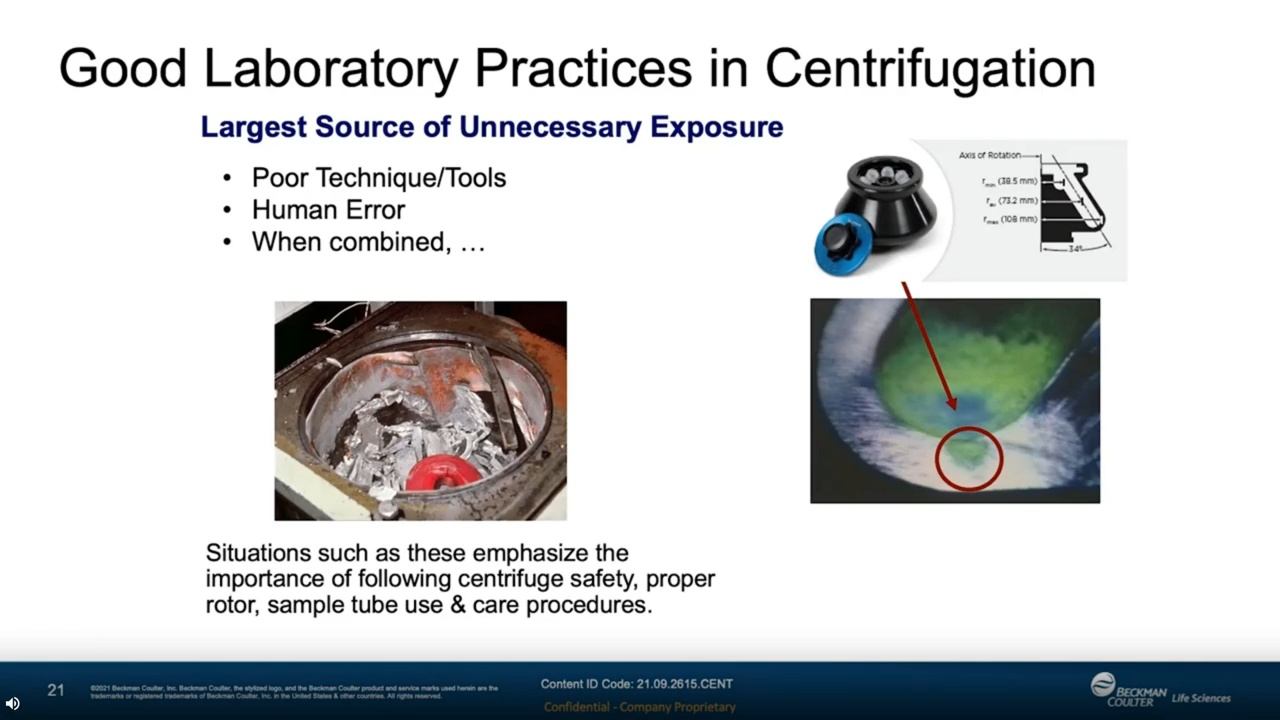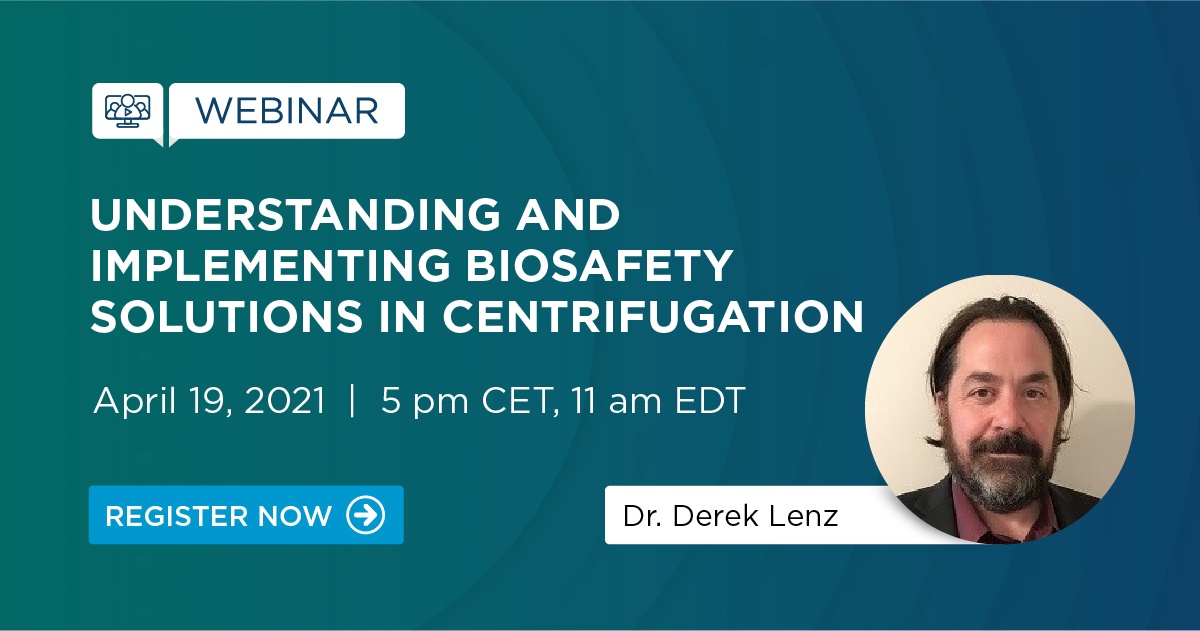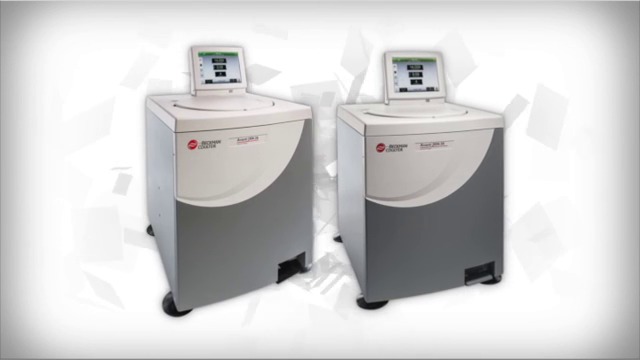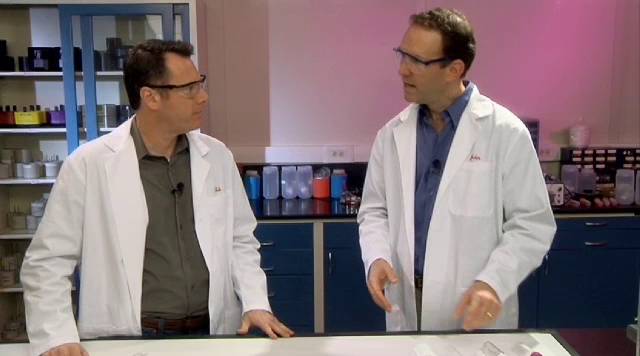Understanding the Role and Benefits of Centrifugation in Cell Harvest and Separation
Centrifugation is a well-established purification technique that plays a vital role in cell culture workflows in basic research and bioprocessing laboratories. It is used in the production, from bench to manufacturing scales, of a multitude of biologics including enzymes, monoclonal antibodies, vaccines, and gene and cell therapies.
Centrifugation is an essential step across many stages of industrial bioprocessing, including cell passaging and seed trains, cell harvest or separation, bulk lysate clarification, cell banking and storage, and even as a primary or secondary purification technique. Significant advances in the upstream space have dramatically improved cell productivity but have resulted in challenges for downstream processing.
Despite the prevalence and importance of centrifugation for primary cell recovery, many important considerations are often overlooked, which can result in low recovery and reduced cell integrity. In this webinar we will provide an overview of technology for primary recovery, considerations for choosing equipment, and tips and tricks to improve your process.
In this webinar you will learn:
- The pros and cons of centrifugation versus other technology for primary recovery
- How to select appropriate instruments, rotors, and consumables for primary recovery
- Tips and tricks for optimizing and scaling up/down your cell harvest workflow
- Solutions offered by Beckman Coulter Life Sciences to improve efficiency in your centrifugation step
Speaker Bio
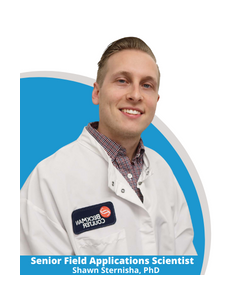 Shawn Sternisha, Ph.D.
Shawn Sternisha, Ph.D.
Senior Field Applications Scientist, Beckman Coulter Life Sciences
Shawn Sternisha is currently a Senior Field Applications Scientist in the Biotechnology Business Unit at Beckman Coulter Life Sciences where he is primarily focused on the development of novel preparative and analytical ultracentrifuge applications. Shawn also supports market activities across all centrifugation product lines and is responsible for KOL and partnership management. Shawn attended Illinois State University for his undergraduate studies and went on to earn his Ph.D. in Biochemistry at Florida State University. Shawn is broadly interested in cell and gene therapy, extracellular vesicles, enzyme structure-function relationships, and expanding applications of ultracentrifugation. Shawn currently resides in Miami, FL with his wife Patty and their dog Ruby. In his free time, he enjoys cooking, running, traveling, and learning Spanish.

